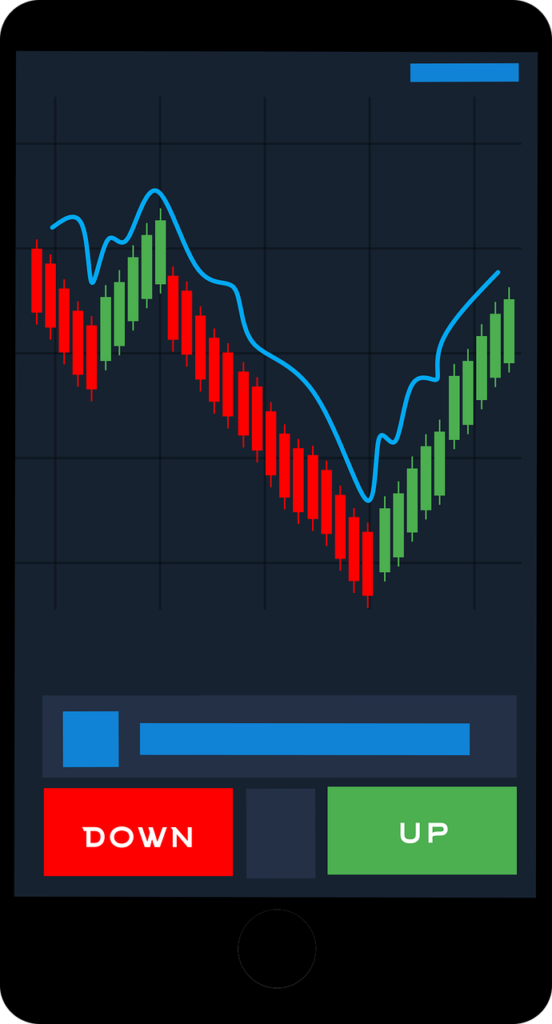The Middle East, traditionally associated with wealth from oil, is experiencing a transformative shift. Forex trading is emerging as a key element in the region’s strategy for economic diversification and independence. This evolution in currency trading is reshaping the financial landscape and fostering a broader cultural shift towards economic resilience and global integration.

Currency trading, the practice of exchanging currencies in the global market, offers both countries and individuals in the Middle East a unique opportunity to engage with the global economy on their terms. As global connectivity intensifies, the ability to trade currencies efficiently is becoming essential for financial strategies at national and individual levels.
Historically, the Middle Eastern economy has relied heavily on oil exports, making it vulnerable to price fluctuations. Currency trading represents a strategic pivot from this dependency, providing an alternative means of wealth generation. Nations in the region are increasingly incorporating forex trading into their economic frameworks, using the profits to fund diversification projects and reduce reliance on oil. This approach aims to establish long-term economic stability and growth by diversifying national income sources.
For individuals, forex trading is a tool for achieving personal financial independence. The accessibility of currency trading platforms, such as those offering real-time TradingView charts, has unlocked new possibilities for both novice and experienced investors. These platforms provide comprehensive tools that help users understand market trends and make informed trading decisions. The democratization of financial markets through currency trading means substantial capital is no longer a prerequisite for participation. This accessibility fosters a culture of investment and financial literacy, essential steps toward broader economic independence.
Currency trading also contributes to regional financial stability by introducing more liquidity into the Middle Eastern financial markets. Enhanced liquidity helps markets absorb shocks better, reducing volatility and attracting foreign investment, a key component of economic diversification efforts. Additionally, increased currency transaction volumes help stabilize exchange rates, making pricing more predictable and inflation easier to manage. This stabilization is particularly beneficial for Middle Eastern countries that rely heavily on imports.
Despite the promising integration of currency trading into the Middle Eastern economy, several challenges must be addressed to maximize its benefits. Regulatory frameworks for currency trading are still developing in many parts of the region. Strengthening these frameworks is crucial for protecting investors and ensuring fair trading practices. Additionally, while currency trading offers significant growth opportunities, it also carries risks due to market volatility. Therefore, ongoing education and awareness campaigns are vital to equip local traders with the skills needed to navigate the forex markets effectively.
As the Middle East continues to embrace currency trading, the future of finance in the region appears to be bright and full of potential. This change not only paves the door for a reduction in the historical dependency on oil, but it also gives individuals the ability to achieve economic independence on their own. Currency trading has the potential to become an essential component of the Middle Eastern financial sector as regulatory frameworks and educational systems continue to undergo development. In order to ensure a profitable and sustainable future for the region, it is imperative that this transition should take place towards a more diverse and stable economic model.
By embracing advanced trading technologies and fostering a regulatory environment that promotes transparency and fairness, the Middle East is setting the stage for a new financial era. Currency trading is driving economic diversification and providing individuals and institutions with tools to engage more deeply with global markets. As this market continues to mature, its role in shaping the economic future of the Middle East will likely expand, attracting more participants eager to explore the dynamic and profitable world of currency trading.